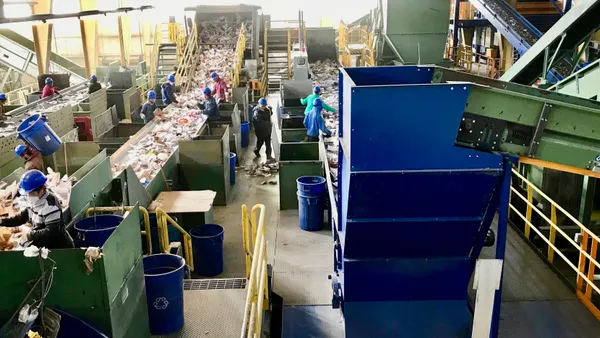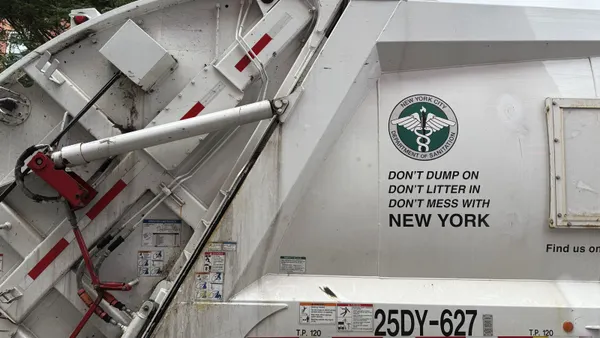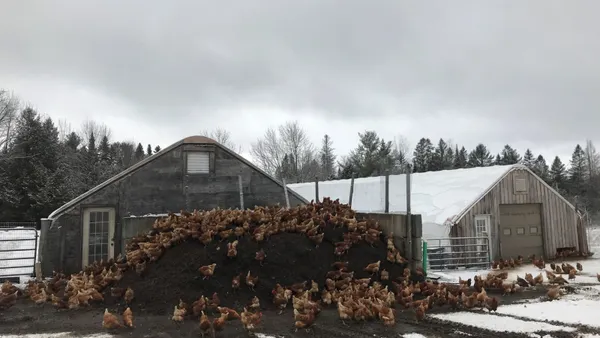Dive Brief:
- During a court hearing on Friday, the city of Seattle went head-to-head with representatives of the Pacific Legal Foundation over the legality of a city "trash-snooping" ordinance.
- The ordinance, which bars residents from tossing compostable waste in the trash, encourages garbage collectors to give out citations if the see such waste in a resident's garbage bag. However opponents of this ordinance believe that this monitoring practice is a violation of privacy.
- Judge Beth M. Andrus is expected to rule on the validity of the ordinance before April 30.
Dive Insight:
The legality of Seattle's composting ordinance has been debated for almost a year, despite the law being put into place with good intentions of diverting food waste from the landfill. However, allowing the city to search through garbage bags is a matter of serious contention with the Pacific Legal Foundation and many residents—eight of whom filed a lawsuit against the city. In the lawsuit, one of the residents argued that, "Seattle's garbage law promotes government snooping, and that's not just offensive, it's a violation of constitutional protections for all Seattle residents."
Seattle has defended its decision to monitor the trash bags, saying that by encouraging organics diversion and keeping residents informed, the city will "bring people up to speed on the benefits of composting," as reported in KOMO News.
This tactic is not only being practiced in Seattle. The city of San Jose, CA is considering fines for people who regularly throw trash in the recycling bin, as city spokesman David Vossbrink said an audit found 40% of the items found in recycling bins are not recyclables, but trash.
While Seattle said it was going to fine residents one dollar for each offense in relation to the ordinance, that decision has been delayed, according to Seattle Public Utilities spokesman Andy Ryan as reported in KOMO News.
Waste Dive will continue to update this story with further developments.









